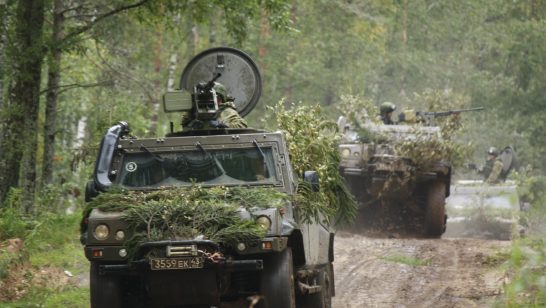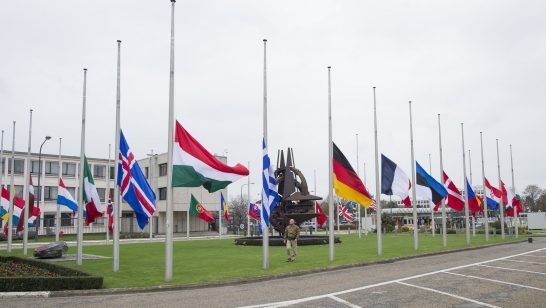On 11-13 November 2015, ELN Research Fellow Thomas Frear participated in the NATO Parliamentary Assembly’s 90th Rose-Roth seminar on “Moldova’s European Future: Regional Context and Internal Challenges.”
According to the seminar’s report, Thomas reminded the participants that the current 5+2 negotiation format (Moldova and Transnistria as conflict parties; Russia, Ukraine and OSCE as moderators; the EU and the United States as observers) has not made any constructive progress since it was instituted in 2006. Unfortunately, Transnistria has never been more unstable than now, he suggested. This is largely due to the change of Kyiv’s approach as the Russian actions in Crimea and in the east of Ukraine led the Ukrainian government to reassess Transnistria, where the Supreme Council of Transnistria issued a request that the region be incorporated into the Russian Federation alongside Crimea. As a result Kyiv policymakers began to view Transnistria as a possible entry-point for Russian Special Forces and provocateurs into Odessa Oblast.
He also argued that the Ukrainian and Moldovan governments’ acceptance of an EU Association Agreement (AA), and its accompanying DCFTA is likely to result in Transnistria losing access to the EU market, with additional consequences for its trade with Ukraine and Moldova. This is particularly relevant as the Transnistrian economy relies heavily on the export of a few key products, such as electricity exported to the Republic of Moldova and steel and textiles to the European Union. These products remain regionally competitive due only to heavily subsidised gas imports from Russia, thus any Ukrainian actions aimed at inhibiting the import of Russian gas would cripple the Transnistrian industry. This would leave Transnistria totally reliant on direct subsidies from the Russian state, which have recently been reduced, and on the remittances of Transnistrian migrant workers working abroad.
A video of the seminar is available here.



